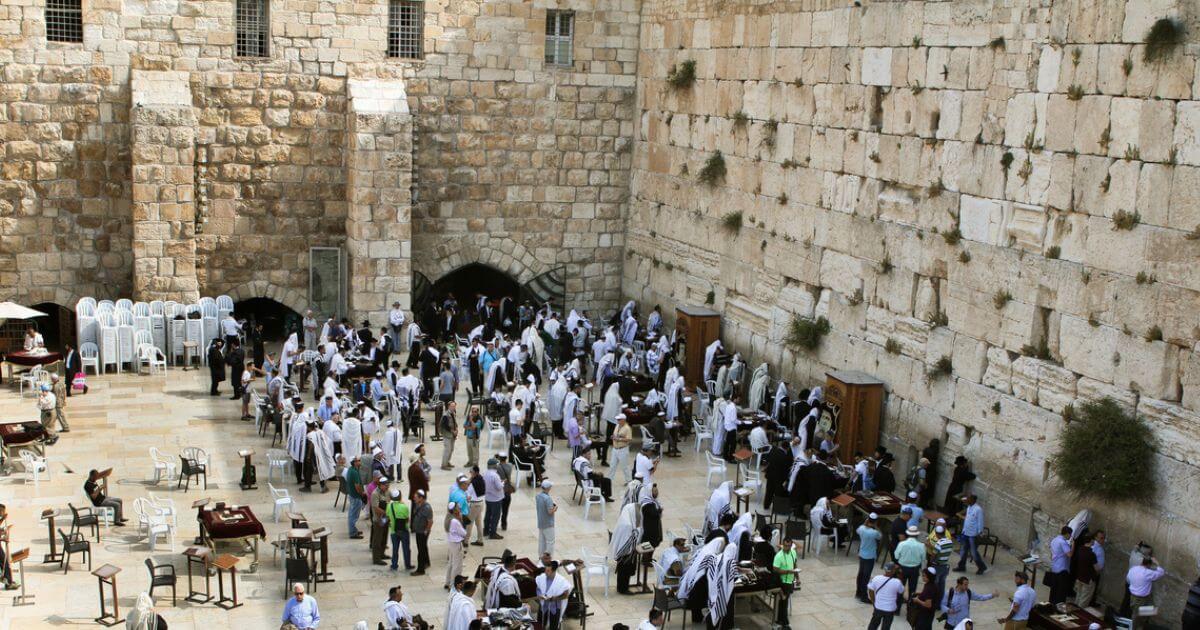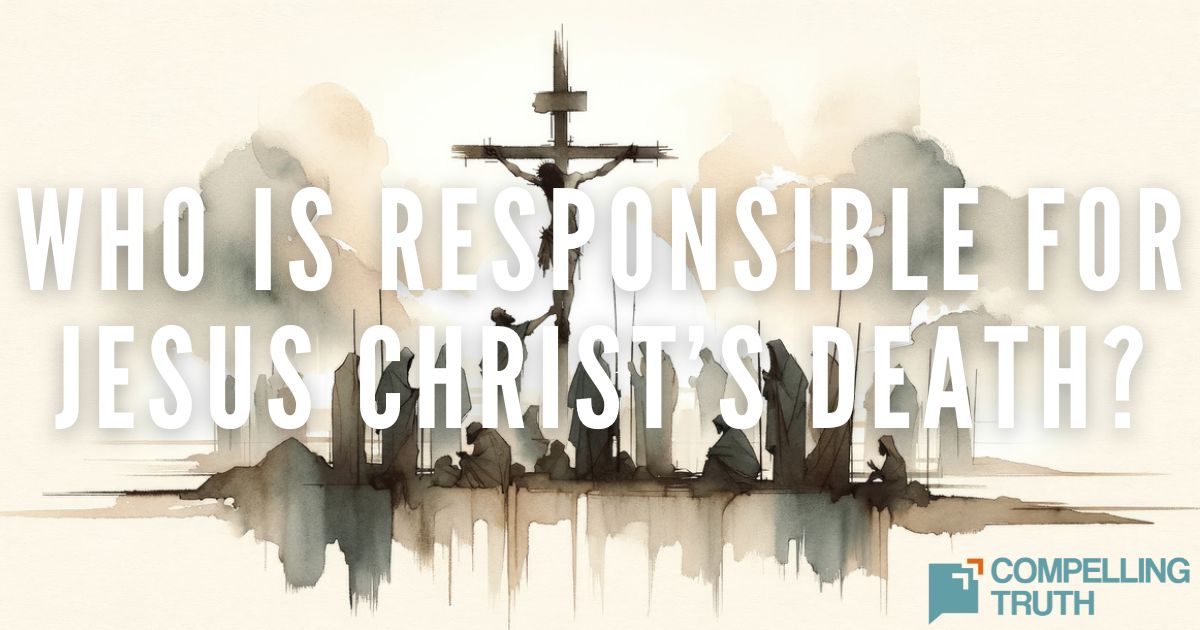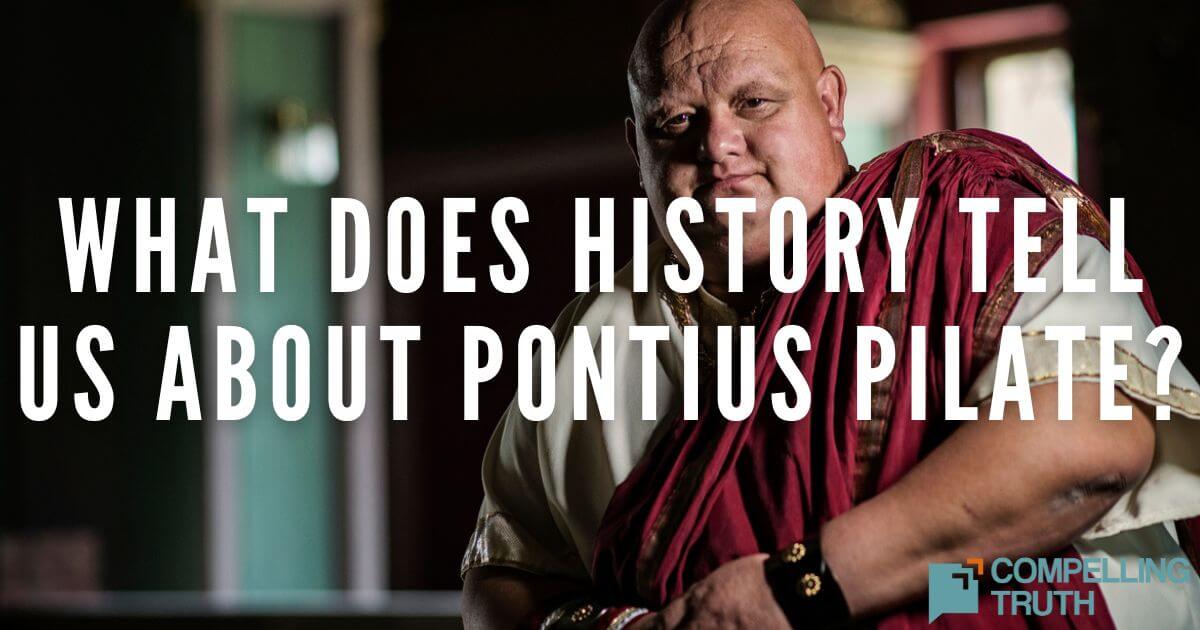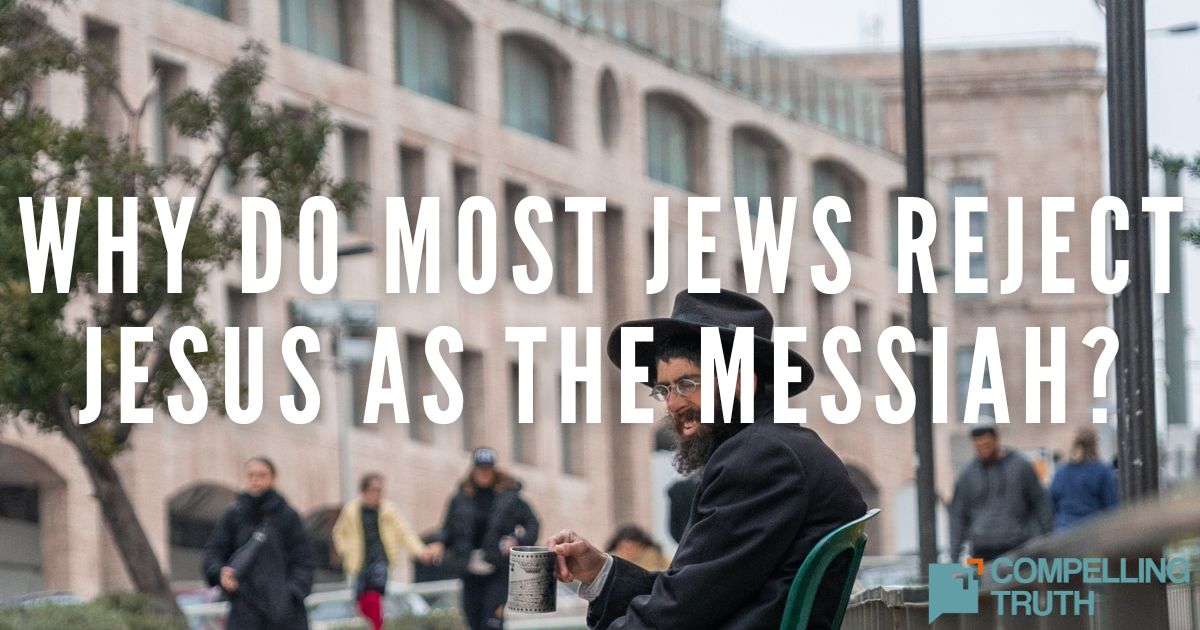The context of this passage shows Pilate seeking to escape the responsibility for putting Jesus to death. Pilate believed Jesus was innocent and had not committed a crime deserving crucifixion. Matthew 27:24 notes, "So when Pilate saw that he was gaining nothing, but rather that a riot was beginning, he took water and washed his hands before the crowd, saying, 'I am innocent of this man's blood; see to it yourselves.'" In response, the Jewish crowd demanding the crucifixion of Jesus declared, "His blood be on us and on our children!" (Matthew 27:25). They responded to Pilate's attempt to escape responsibility by accepting the blame upon themselves and their own children. This response showed the degree to which the Jewish crowd desired the death of Jesus. They were willing to take the blame for it, including punishment upon their own children—this is weighty. This account challenges us to confront the consequences of our choices, desiring and holding on to what is right and true, not just pursuing our own desires and dealing with the aftermath of that.
Some interpreters believe this punishment literally took place among the Jews. Many of them and their children were killed when Jerusalem was totally destroyed by the Romans in AD 70, about forty years after Jesus’ crucifixion and resurrection. This destruction was essentially the end of the Jewish nation. Jews were scattered and persecuted until the nation of Israel was restored in 1948. However, rather than taking Matthew 27:25 out of context, it is best to understand the meaning in its original context. Those who sought the death of Jesus desired it so much they were willing to accept the consequences upon them and their children for it. This is in contrast with Pilate, who sought release from this responsibility, but who still gave in and had Jesus crucified. Both Jews and Gentiles were involved in the death of Jesus, yet Jesus died so all people would have the opportunity to be saved (John 3:16–18). We are called to respond to the opportunity to believe in Jesus and His salvation, recognizing that His sacrifice was made for all of humanity (Galatians 3:25–29; 2 Peter 3:8–13; 1 John 2:2).
Also, in light of the weight of the Jews’ response to crucifying Jesus, we are also warned that we must take responsibility for the consequences of our choices and actions. Rather than passing blame or perpetuating division, we can choose to reflect on our own lives and how we live out our faith. This means acknowledging our personal need for repentance and seeking to live according to God’s will. By taking seriously this responsibility, we can take seriously our choices and their consequences. We should be willing to suffer for what is good (1 Peter 3:17) instead of suffering consequences for chasing after what we desire.




